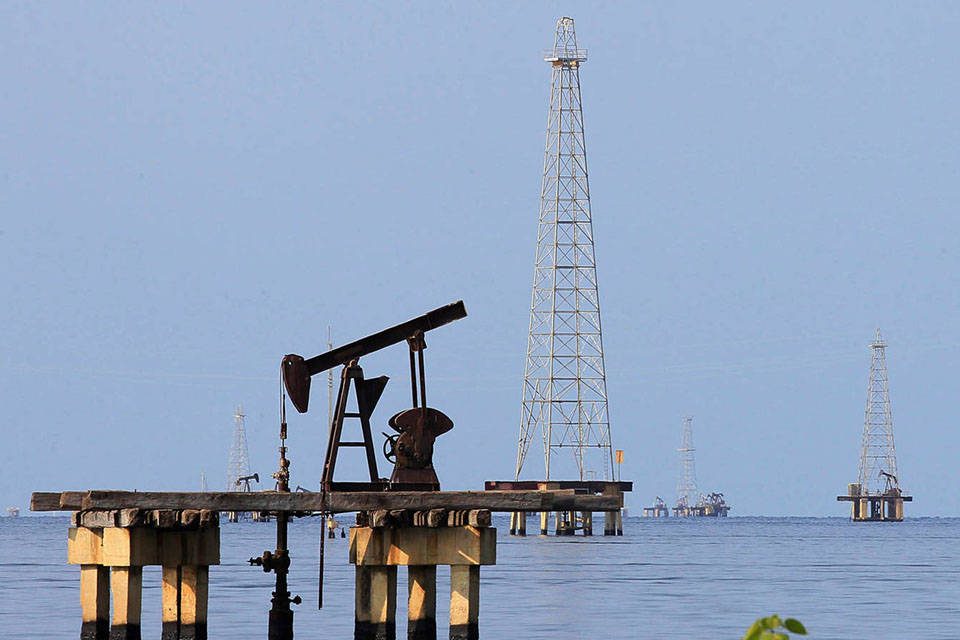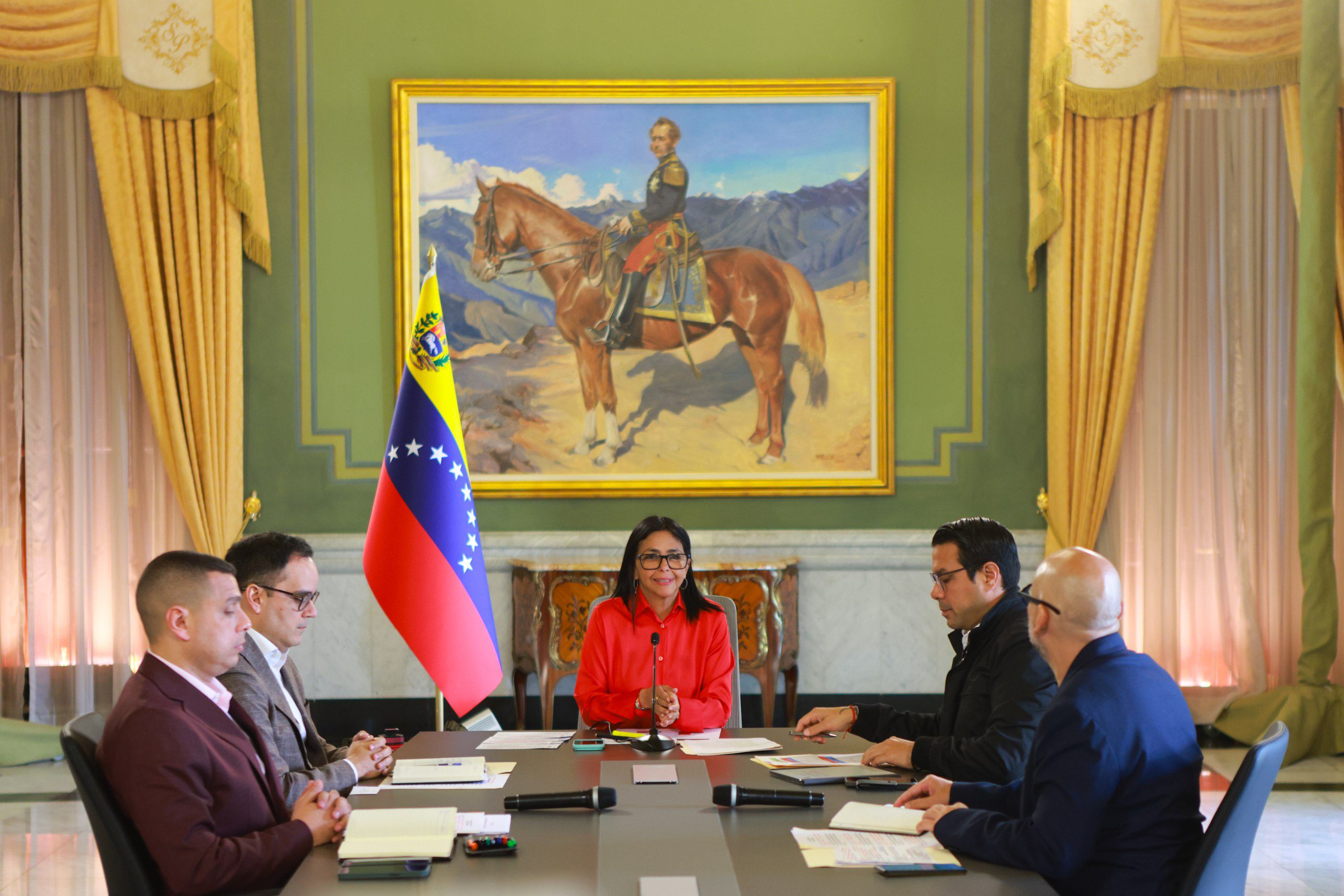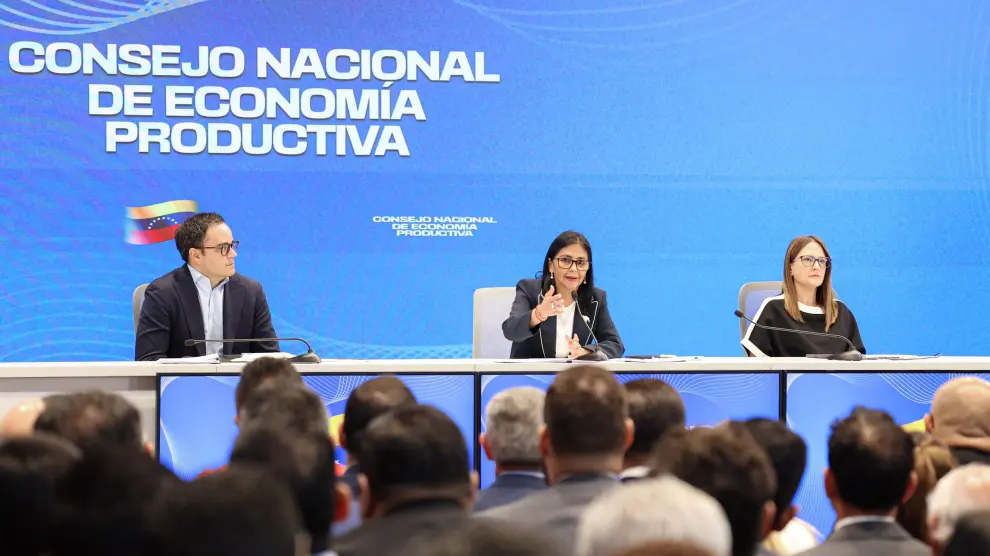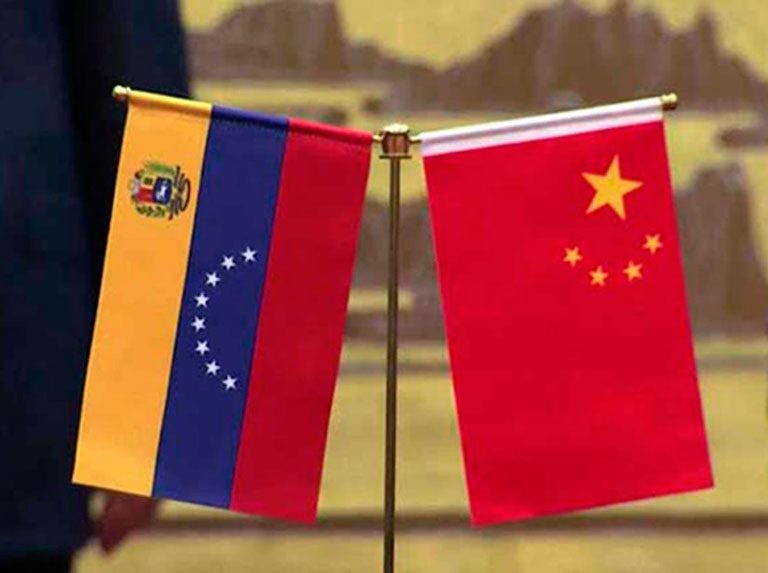The Macroeconomic Report for the First Half of 2025 highlights solid performance in both the oil and non-oil sectors. Although challenges remain in terms of inflation and exchange rate stability, the progress reflects an economy with stronger foundations. Photo: UNDP Press Center
Guacamaya, September 8, 2025. The Venezuelan economy shows a mixed performance in 2025: GDP grew by 7.7% in the first half of the year, driven by oil production, which reached its highest levels since 2019, and the government implemented increases in public sector income. However, inflation, the devaluation of the bolivar, and U.S. oil sanctions threaten to undermine these advances, according to a report by the United Nations Development Programme (UNDP).
In the energy sector, PDVSA took control of operations previously held in joint ventures with Chevron following the expiration of General License 41. Although the U.S. company received guidelines from the Office of Foreign Assets Control (OFAC) to retain assets and maintain minimal personnel, it was the Venezuelan state-owned company that consolidated management of the fields. At the same time, Repsol confirmed that it will continue its gas business in the country—which accounts for more than 80% of its local operations—while the Italian company Eni guaranteed gas production to “avoid a social crisis” and remains in talks with Washington following the new prohibitions.
Subsequently, Chevron was granted a confidential license allowing it to resume its operations in the country, a development that has raised positive expectations for the Venezuelan economy and international investment flows
However, the United States revoked the operating license for the Dragon gas field project, developed in partnership with Trinidad and Tobago, halting a strategic plan for both countries.
Despite this landscape, oil production averaged 1,048 thousand barrels per day in the first half of the year and reached 1,069 thousand in June, the highest level since 2019. This supported the expansion of GDP, which the UNDP projects at 5.8% for all of 2025. However, a 23% drop in international crude prices limited revenues: oil exports totaled $8.025 billion, barely above 2024 levels, with China as the destination for 77% of shipments.
The agency warns, however, that accumulated inflation reached 123% in the first half of the year and could close the year at 275%, the highest in Latin America. The bolivar depreciated by 52% so far this year, while the Central Bank allocated $1.8 billion to intervene in the foreign exchange market.
In this context, the government decreed an increase in the Economic War Bonus, raising public sector workers’ monthly income to $120, retirees to $112, and pensioners to $50, all indexed to the official exchange rate. The comprehensive minimum income for the public sector thus rose from $131 to $161, a 23% increase.
But in the private sector, the situation is very different: the comprehensive minimum income fell to $41.4, and the nominal minimum wage to just $1.1, a 66.5% drop compared to 2024. According to the UNDP, this amount covers only 5.6% of the basic basket—estimated at $710—forcing a family to need 18 minimum wages to cover its essential needs.
The report concludes that, despite the oil rebound and salary adjustments in the public sector, inflation, devaluation, and the fragility of the financial system—with a loan portfolio equivalent to just 2.6% of GDP, compared to 22% a decade ago—limit the recovery. The performance in the second half of the year will depend on the resilience of the oil sector in the face of sanctions, exchange rate volatility, and falling international prices.






